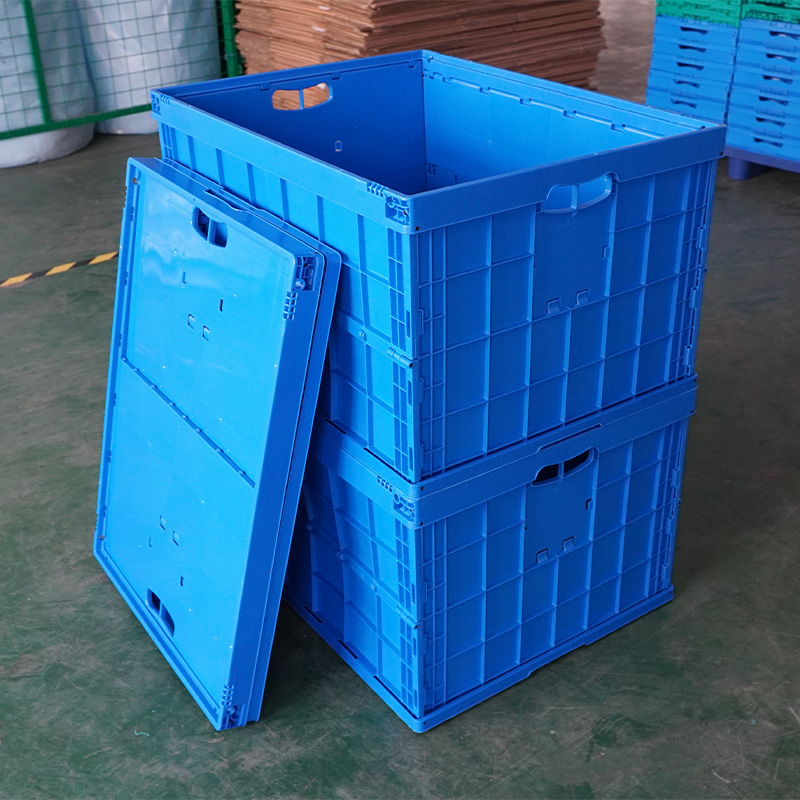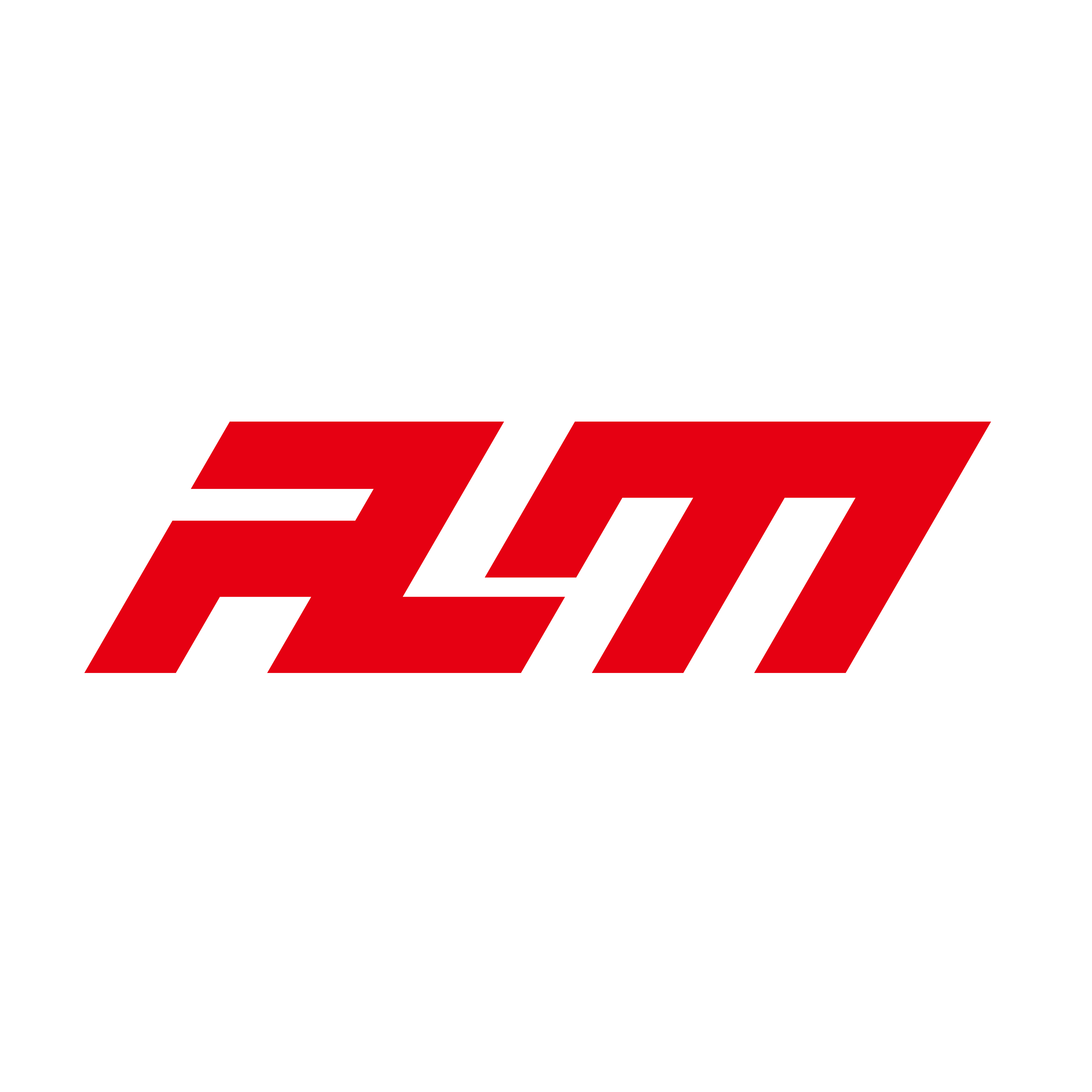博客
In modern logistics and warehouse management, plastic folding turnover boxes have become the preferred packaging containers for numerous industries due to their lightweight, durability, and collapsible storage features. This article will comprehensively analyze the six core application areas of these turnover boxes and introduce you to their extensive market demand.

- Logistics and transportation industry
As an important carrier in the modern logistics system, plastic folding turnover boxes play a pivotal role in the express delivery and freight transportation sectors. Their foldable nature allows for a 70% reduction in volume during empty box transportation, significantly reducing logistics costs. They are primarily used in: - E-commerce express sorting: standardized dimensions facilitate automated sorting line operations
- Less than Truckload (LTL) freight turnover: Shockproof design to protect the transportation safety of fragile goods
- Cross-border logistics containers: conforming to international transportation standard dimensions
- Urban joint distribution: Saving up to 60% of storage space after folding
II. Manufacturing field
In modern production workshops, such turnover boxes are crucial tools for lean management:
- Automotive manufacturing industry: used for parts turnover, with a single box capable of supporting up to 50kg
- Electronic assembly line: Anti-static models protect precision components
- Food processing plant: food-grade PP material meets HACCP certification
- Pharmaceutical production: The enclosed design meets the cleanliness requirements of GMP
III. Supermarket and retail system
Folding turnover boxes have been deeply integrated into the modern retail supply chain:
- Fresh food delivery: Designed with drainage holes to extend the freshness period of fruits and vegetables
- Chain convenience stores: standardized logistics baskets enhance replenishment efficiency
- Warehouse-style supermarket: The foldable feature saves 50% of the back-end space
- Cold chain logistics: -30℃ low temperature resistant models ensure the transportation of frozen food
IV. Innovative applications in the agricultural sector
In the process of new agricultural industrialization, turnover boxes play a unique role:
- Fruit and vegetable harvesting: breathable design reduces agricultural product loss
- Aquatic product transportation: Leak-proof models maintain a moist transportation environment
- Flower logistics: Stackable structure to protect plant morphology
- Fungi cultivation: The transparent box facilitates observation of growth conditions
V. Customized Solutions for Special Industries
Special models developed for specific needs:
■ Library: Anti-theft design book circulation box
■ Hospital: Transfer box for medical waste with lid
■ Laboratory: Corrosion-resistant chemical reagent transport container
■ Military: camouflage field material box
VI. Emerging application scenarios
With technological advancements, smart folding boxes have become widespread:
✓ Smart tracking box with RFID tag
✓ Cold chain box with built-in temperature and humidity sensor
✓ Solar-powered emergency supply box
✓ Eco-friendly turnover boxes made of degradable materials
Market data indicates that the global market size of folding turnover boxes is expected to exceed $8 billion by 2025, with a compound annual growth rate of 7.2%. This growth stems from its three significant advantages: a 45% increase in space utilization, a 3-5 times extension in service life, and a 30% reduction in overall cost.
Selection advice: When purchasing, it is important to consider three key indicators: load-bearing capacity (20-100kg), operating temperature (-30℃ to 80℃), and industry certifications (FDA/CE, etc.). High-quality products typically use impact-resistant modified PP materials and can withstand up to 5,000 or more folding cycles.
With the increasing popularity of green logistics concepts, recyclable and foldable turnover boxes are replacing traditional wooden and paper boxes, becoming an important component of sustainable supply chains. In the future, with the integration of Internet of Things technology, smart foldable boxes will usher in a new era of logistics packaging.
